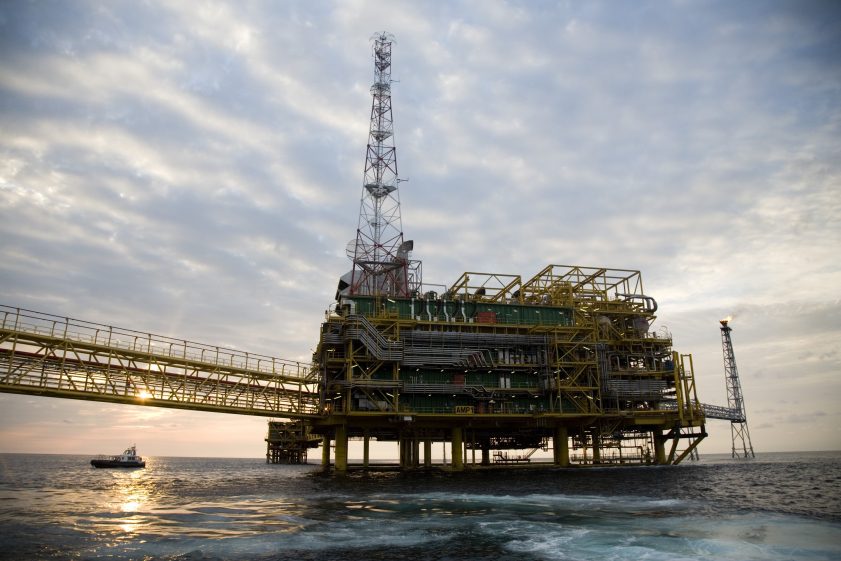In a significant development for Nigeria’s oil industry, TotalEnergies, in collaboration with NNPC Limited, has made a momentous shallow water discovery at Ntokon in the Niger Delta. Gail Anderson, director of upstream research at Wood Mackenzie, hailed it as Nigeria’s biggest shallow water find in ten years, indicating the untapped potential that still exists in the region despite limited exploration activities in recent times.
According to Wood Mackenzie’s estimations, based on analogous net pay of shallow water discoveries in the Tertiary Agbada formation and the above-average recovery from high-quality reservoirs, the Ntokon field is projected to hold resources ranging from 300 to 400 million barrels of oil equivalent (mmboe).
TotalEnergies to FID Angola oil development this year | OilNOW
The discovery was made on the shallow water block OML 102, which is part of a joint venture between TotalEnergies (40%) and NNPC Limited (60%). The plan is to develop Ntokon as a tie-back to the Ofon field, situated 20 kilometres to the northeast on the same block.
Anderson outlined a potential development scenario, stating, “Assuming 320 mmboe of reserves, a wellhead platform development at a water depth of 60-70 meters, with up to 30 wells and a multi-phase pipeline to Ofon, could pave the way for first oil production by 2029. This approach would yield a healthy internal rate of return (IRR) of 24% under the current concession terms, considering that the joint venture will not transition to the Petroleum Industry Act fiscal terms.”
TotalEnergies discovers oil and gas in OML 102 offshore Nigeria | OilNOW
Wood Mackenzie’s analysis emphasized that filling the Ofon facilities and the oil terminal would significantly reduce emissions intensity, while a pre-existing gas export route would make Ntokon a zero-flare development.
Anderson highlighted the advantages of shorter-cycle tie-back projects in terms of cost savings and lower emissions, stating, “This showcases the benefits of cost-effective tie-backs over more expensive stand-alone developments, both in terms of cost efficiency and reduced carbon emissions. However, there are challenges ahead. Nigeria is not known for short lead times, especially for joint venture projects. Ntokon will serve as a litmus test amidst fierce global competition to determine if all stakeholders can swiftly progress with lower-cost, lower-carbon projects, enabling Nigeria to revitalise its investment landscape and reverse its declining production trend.”



